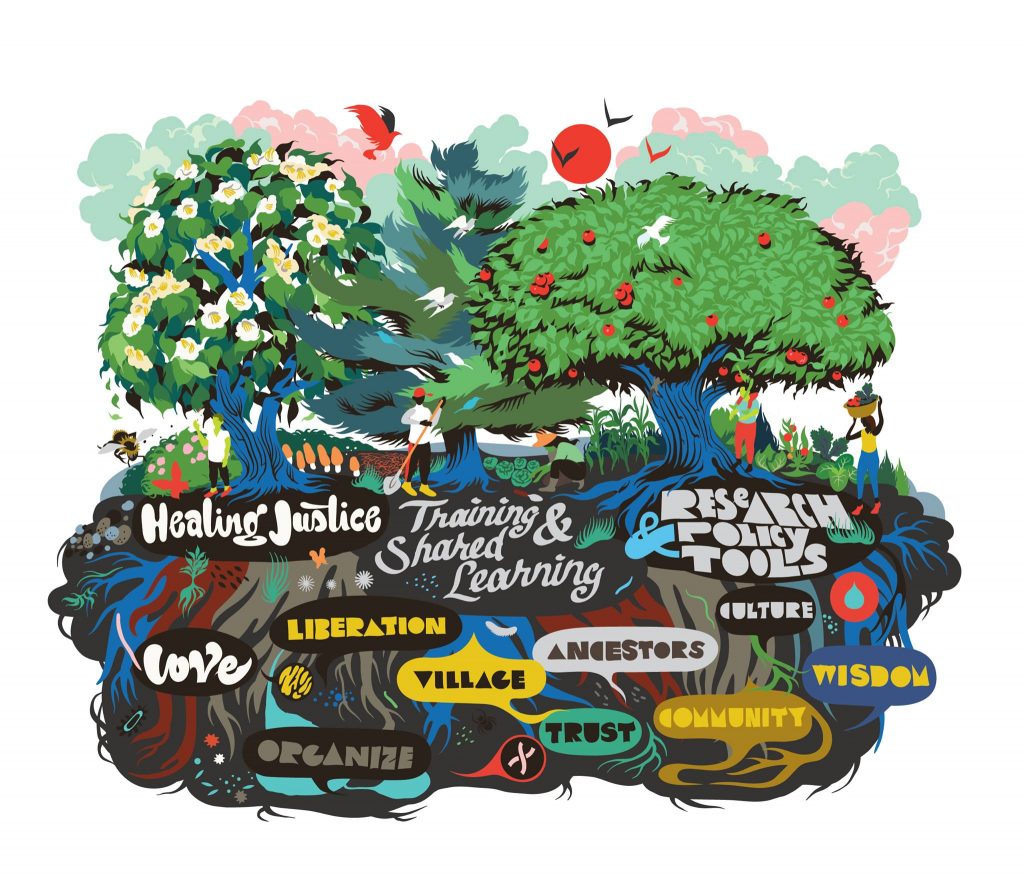
Credit: Voices for Racial Justice Website
Voices for Racial Justice advances racial, cultural, social and economic justice in Minnesota through organizer and leadership training, strategic convenings and campaigns, and research and policy tools. Thanks in part to support from Voqal, Voices for Racial Justice is working to build a movement for racial justice in rural Minnesota.
Voices for Racial Justice hosts leadership cohorts in smaller towns such as the rapidly diversifying city of Worthington. Community members of color face many challenges in Worthington, including passing policies that benefit everyone while relying on the increased land taxation of predominantly white farmers. Fortunately, through hard work and the help of its partners, it has started to overcome these difficulties.
A recent school referendum vote is a great example of this work in action. As community members struggled to gain support for the referendum, Voices for Racial Justice enlisted the support of its longtime partner (and former Voqal grantee), Land Stewardship Project. Many of Land Stewardship Project’s members are white farmers, and many have been recipients of Voices for Racial Justice’s racial justice training. Land Stewardship Project supported Voices for Racial Justice’s efforts to help bridge the gap of understanding between immigrants and white farmers in Worthington. It built trust that enabled it to strategize together around policy solutions. Although the referendum to advance those policies failed to pass, farmers and immigrants in rural communities learning to organize around issues that impact everyone is an important first step towards building a larger movement.
Throughout this process, Voices for Racial Justice discussed the importance of healing from historical trauma as it addressed structural racism. Later, Land Stewardship Project approached it to ask what supporting healing justice and cultural organizing means for white communities. After acknowledging the importance of this question, Voices for Racial Justice and Land Stewardship Project set out to explore the answer together. This important dialogue resulted in the creation of a co-designed racial justice curriculum that incorporates the context and perspectives of rural white farmers.
True social equity is not possible without inclusive movement building that ensures everyone at the table has a voice. The work of organizations like Voices for Racial Justice in communities like Worthington is a perfect example of this idea in action. Voqal is proud to support this work and looks forward to the continued efforts of Voices for Racial Justice and Land Stewardship Project as they work to build a more racially inclusive rural Minnesota.